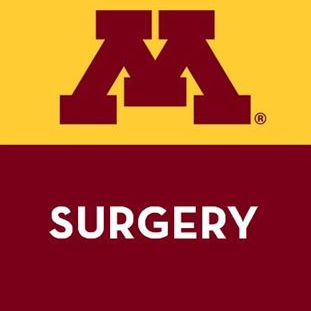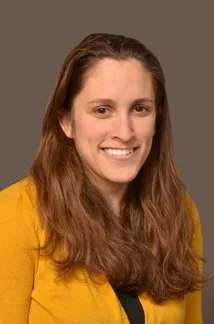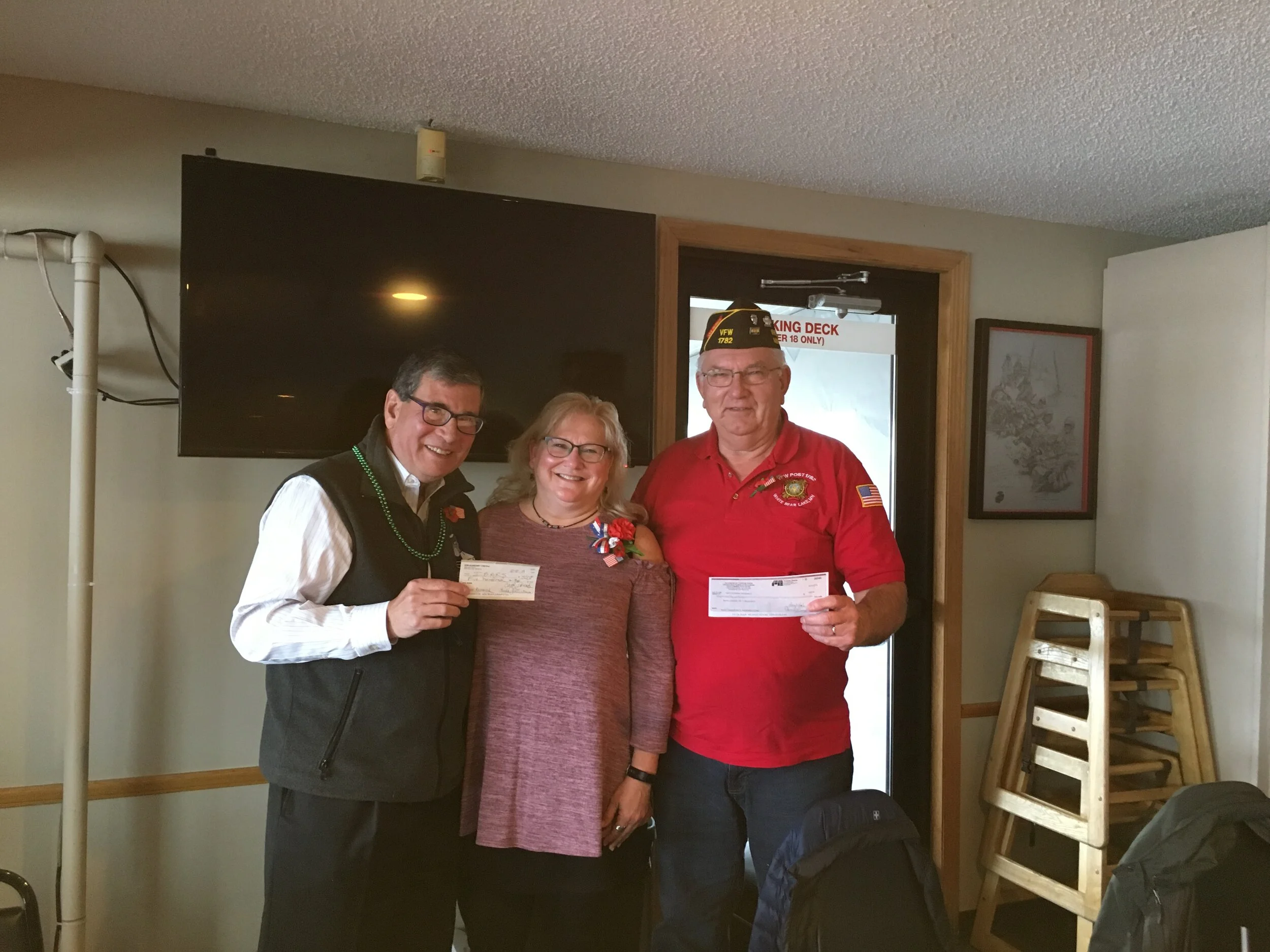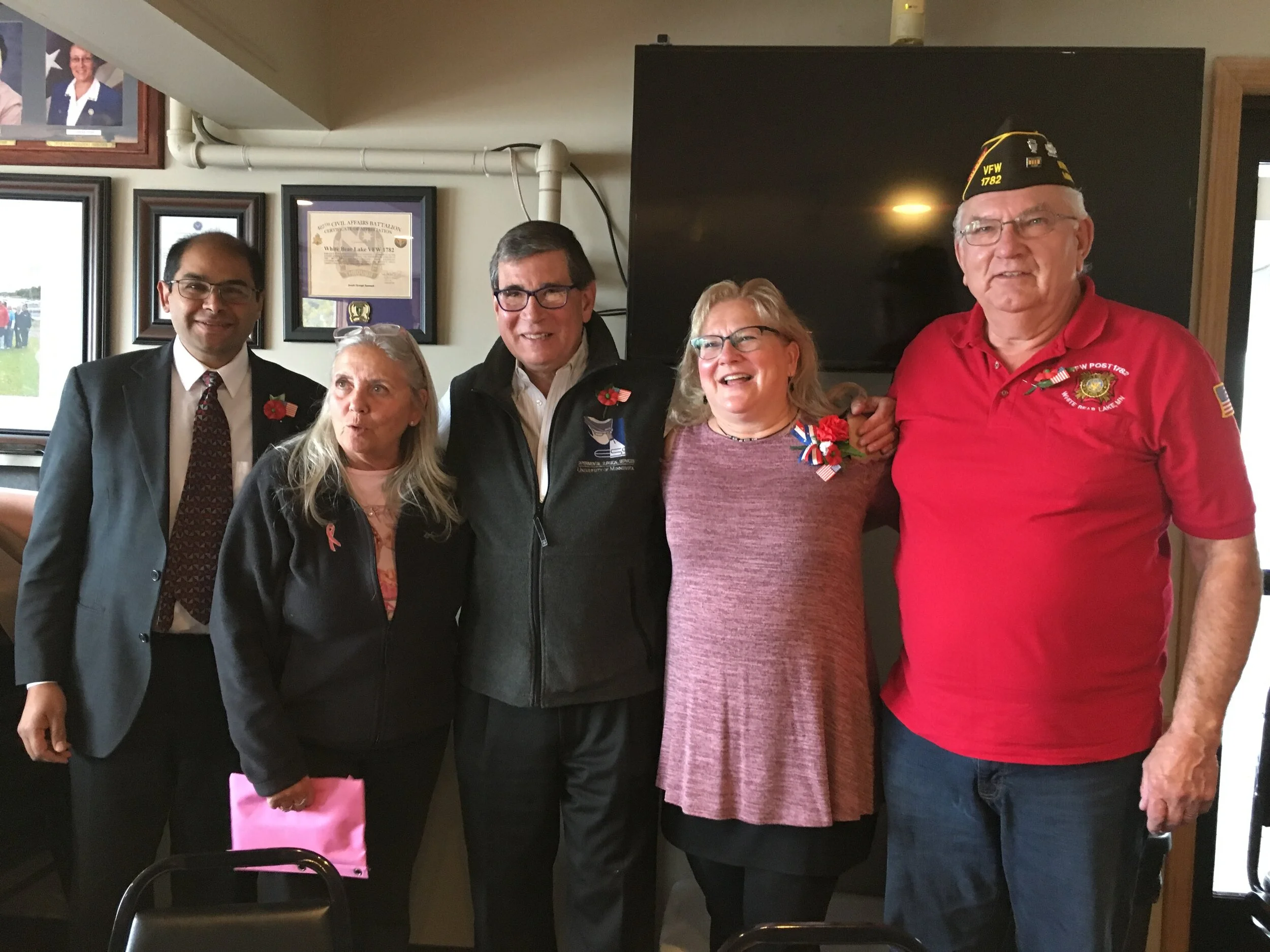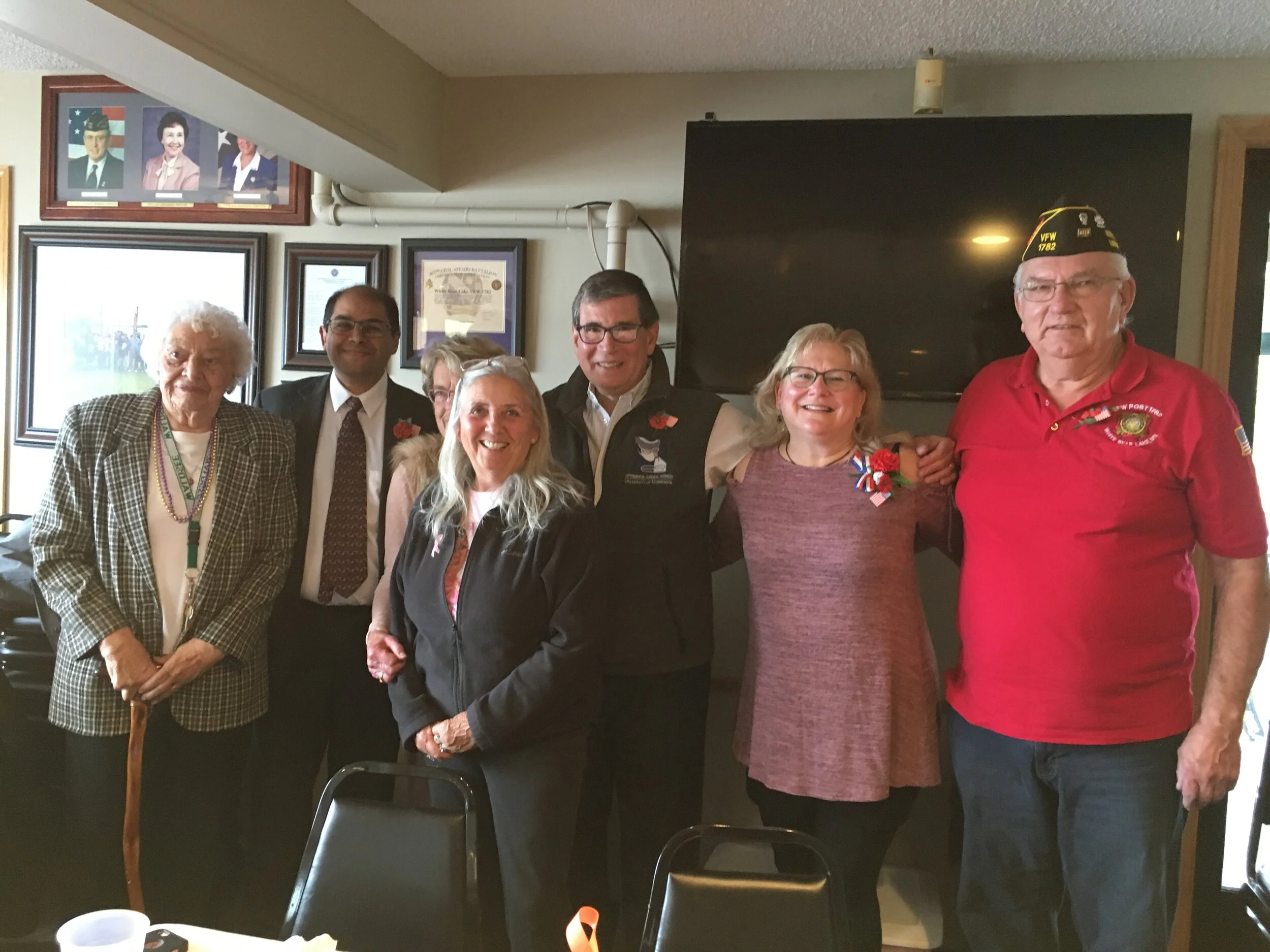Funding Research Since 1984
Since 1984, IBARS has offered initial research funding support to promising young surgical investigators with the stated goal of securing additional and significant outside (NIH and Corporate) funding to support the resident, the laboratory, and the Department.
2020-2023 Grants
IBARS has been proud to support varying research efforts, both locally and internationally through mission work.
Please contact us to learn more about our past and future Grant opportunities
IBARS supports our 2018-2019 Research Fellow
By: Ariella Altman, MD
Summary
My research experience focused on surgical oncology using outcomes-based and clinical research techniques to answer questions relevant to the field. Throughout my research time, I have been able to focus on many different important clinical questions in surgical oncology, related to different unique diseases. Some of the highlights of my research experience are outlined below.
Quality of Life, Decision Making and Regret
One of my interests in surgical oncology is patient centered outcomes. With improved treatments – patients are no longer deciding whether to treat or palliate their disease, but rather have many different treatment choices to weigh after their initial diagnosis. Therefore, the role of patient centered outcomes is increasingly important. To this end, I have been involved in project evaluating patient centered outcomes and quality of life including a review article on prophylactic risk reducing surgery as well as a retrospective study and survey study of patients with breast cancer. We have also started to replicate the breast cancer project in patients with pancreatic and gastrointestinal cancers to evaluate decision making process and decisional regret.
Oncotype Testing in Breast Cancer
Oncotype testing is a genomic test increasingly used in breast cancer to predict the risk of recurrence in early stage estrogen-receptor positive disease. Results of the test help providers stratify patients into risk categories to guide adjuvant and neoadjuvant treatment. We used the National Cancer Institute’s Surveillance Epidemiology and End Results (SEER) Program in order to evaluate the role of oncotype testing in in different patient populations and types of tumors. This has resulted in multiple publications and presentations. Currently we are working on looking at breast cancer and oncotype use among minorities and evaluating health disparities.
Adjuvant and Neoadjuvant Therapy in Pancreatic Cancer
Pancreatic cancer is an incredibly morbid disease even amongst patients who are eligible for surgical resection. As such, adjuvant and neoadjuvant therapies are increasingly being studied and used in order to improve outcomes in pancreatic cancer. Our group has attempted to evaluate the role and timing of neoadjuvant and adjuvant chemotherapy and its impact on survival. We have found that many people are not able to complete adjuvant chemotherapy and that neoadjuvant chemotherapy is safe and effective, therefore in much of our work we push for a neoadjuvant approach to systemic therapy in pancreatic cancer. Our work on this topic has been presented at multiple national and international conferences as well as published in peer-review journals. I am also finalizing a literature review on neoadjuvant chemotherapy only for pancreatic cancer.
Adjuvant and Neoadjuvant Therapy in Biliary Tract Cancer
Similar to our work with pancreatic cancer, we evaluated treatment outcomes over time and the impact of multi-modality therapy in the setting of intrahepatic cholangiocarcinoma and biliary tract tumors. These tumors are rare and very poorly studied which lend themselves nicely to outcomes-based research using large national datasets. In order to evaluate outcomes and the impact of treatments and treatment sequences in these diseases, we again used the Surveillance Epidemiology End Results Program database. This work has resulted in publications, multiple poster and oral presentations at national and international meetings.
Optimal Adjuvant Treatment in Gastric Cancer
This work has been the focus of my masters thesis, which has involved evaluating the role of adjuvant chemotherapy and chemoradiation in patients with node positive gastric cancer using SEER and SEER-Medicare. This work was presented at a national meeting and is under review for publication.
Ariella Altman M.D.
Additional Projects
Additional projects I have been involved in have been evaluating our institutionally outcomes with minimally invasive microwave ablation for treatment of primary and metastatic and primary liver lesions – this work has been presented locally and will be presented internationally this summer and the corresponding publication is in submission. Additional projects have also evaluated outcomes in breast cancer and breast cancer surgery not limited to oncotype testing and have evaluated trends over time with respect to treatment and outcomes.
During my research time I have also completed my coursework towards a Masters in Science from the School of Public Health in Clinical Research with an anticipated graduation date in July, 2019. I also was a participant in the year-long Resident Leadership Academy.
Grants and Scholarships
IBARS Scholarship
VFW Surgical Oncology Research award
Education
Completing a Master’s of Science Degree in Clinical Research. Anticipated Graduation 2019.
Thank you White Bear Lake VFW & Auxiliary!
For many years, the White Bear Lake VFW & Auxiliary has hosted an annual Cancer Aid and Research Luncheon. Their partnership promotes research in hopes of enriching the lives of their friends and members.



